Severe hair loss in eight year old children may be related to genetic factors, malnutrition, scalp infections, mental stress, endocrine disorders, and other reasons. Childhood hair loss is usually manifested as sparse hair, receding hairline, or localized alopecia areata. It is recommended that parents take their children for timely medical examination and targeted treatment after identifying the cause.
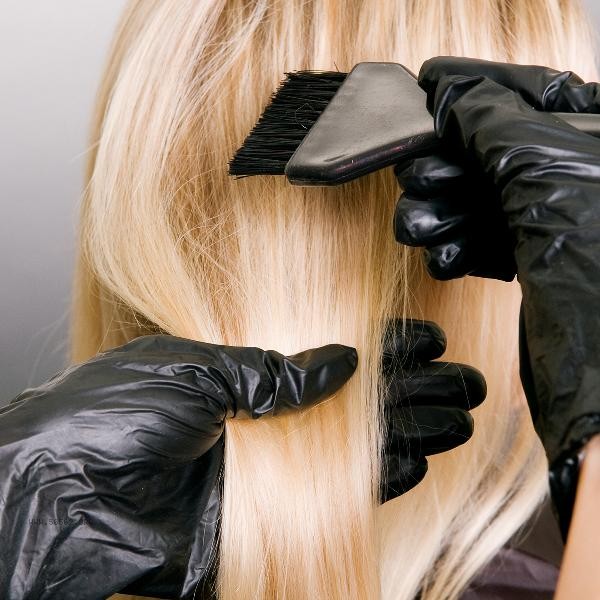
1. Genetic factors [SEP]: A history of hair loss in a family may increase the likelihood of hair loss in children. This type of hair loss is mostly progressive, manifested as the hair gradually becoming thinner and softer. Parents can observe whether their children have hair follicle atrophy on their scalp, and pay attention to choosing mild shampoo products in daily life to avoid excessive hair combing. If accompanied by scalp itching or redness, be alert to other underlying causes.
2. Malnutrition
Lack of nutrients such as protein, iron, and zinc can affect hair follicle health. Children who are picky eaters or have an unbalanced diet may experience dry and brittle hair. It is recommended to increase the intake of foods such as eggs, lean meat, and dark green vegetables, and if necessary, supplement children's specific multivitamins under the guidance of a doctor. Long term vegetarian families need to pay special attention to the supplementation of vitamin B12.
3. Scalp infection
Fungal infection causing tinea capitis is a common cause of hair loss in children, characterized by circular hair loss spots with scales. Bacterial infection may lead to folliculitis, manifested as red, swollen, and painful papules. Diagnosis requires fungal microscopy or bacterial culture, and antifungal drugs such as ketoconazole detergent and terbinafine cream are commonly used for treatment. In severe cases, oral medication is required for treatment.
4. psychological stress
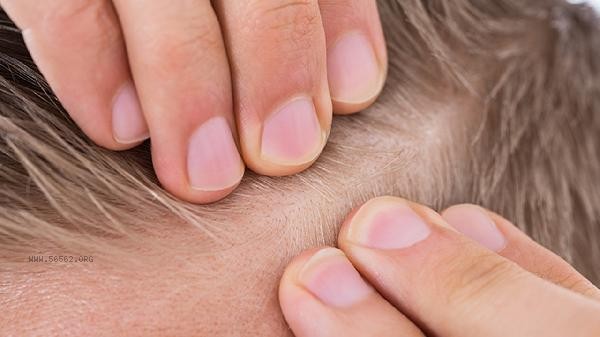
Academic stress, family changes, and other psychological factors may trigger hair pulling or resting period hair loss. Manifested as unconscious pulling of hair or uniform hair loss. Parents need to create a relaxed living environment and alleviate anxiety through parent-child games, exercise, and other methods. If hair loss persists for more than three months, it is recommended to seek help from a psychologist.
5. Endocrine disorders
Thyroid dysfunction, pituitary lesions, and other endocrine diseases can lead to metabolic disorder induced hair loss. May be accompanied by symptoms such as delayed growth and development, abnormal weight, etc. Thyroid hormone, growth hormone and other indicators need to be tested through blood tests. After diagnosis, hormone replacement therapy should be carried out according to medical advice. Do not take health products that regulate hormones on your own. In daily care, parents should choose children's shampoo with a neutral pH value, control the water temperature below 38 degrees, and wash 2-3 times a week. When combing hair, choose a wide toothed wooden comb to avoid tying too tight braids. Ensure 8-10 hours of sleep every day and engage in appropriate outdoor exercise to promote scalp blood circulation. If the amount of hair loss exceeds 100 hairs per day or lasts for more than 2 months, it is necessary to seek medical attention promptly at a pediatrics or dermatology department to rule out serious causes such as autoimmune diseases. During the treatment period, avoid using folk remedies and regularly follow up to evaluate the treatment effect.
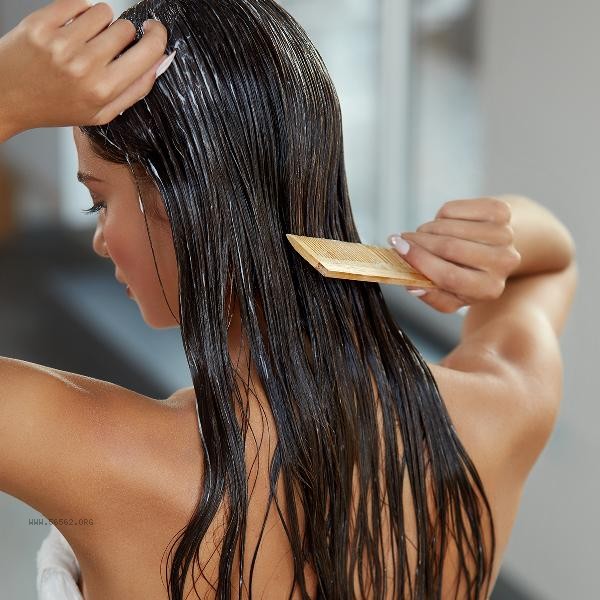

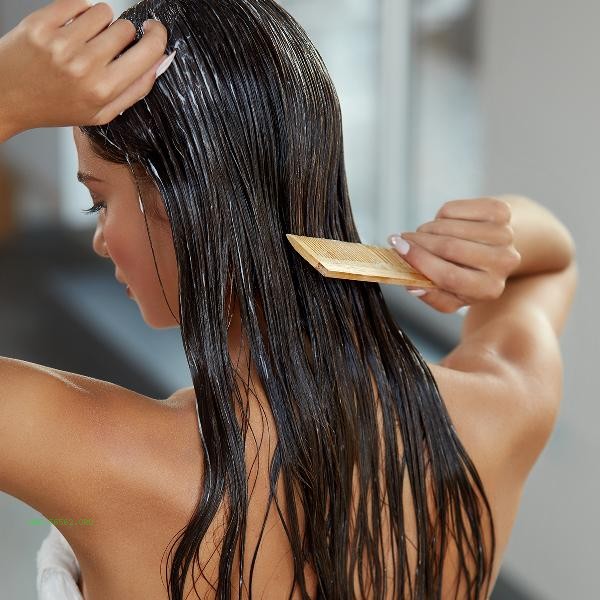
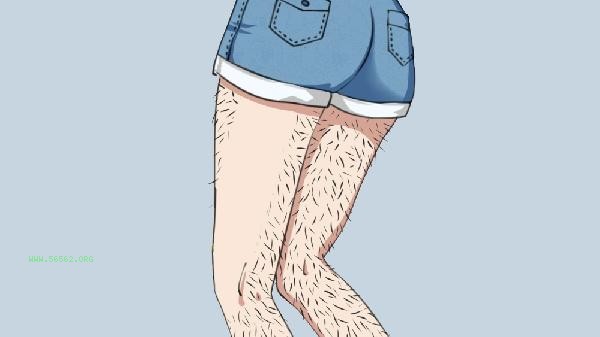

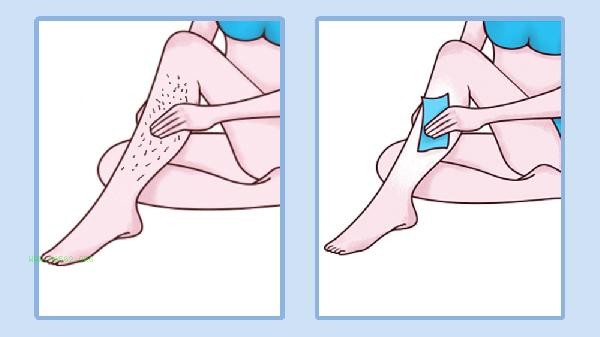



Comments (0)
Leave a Comment
No comments yet
Be the first to share your thoughts!